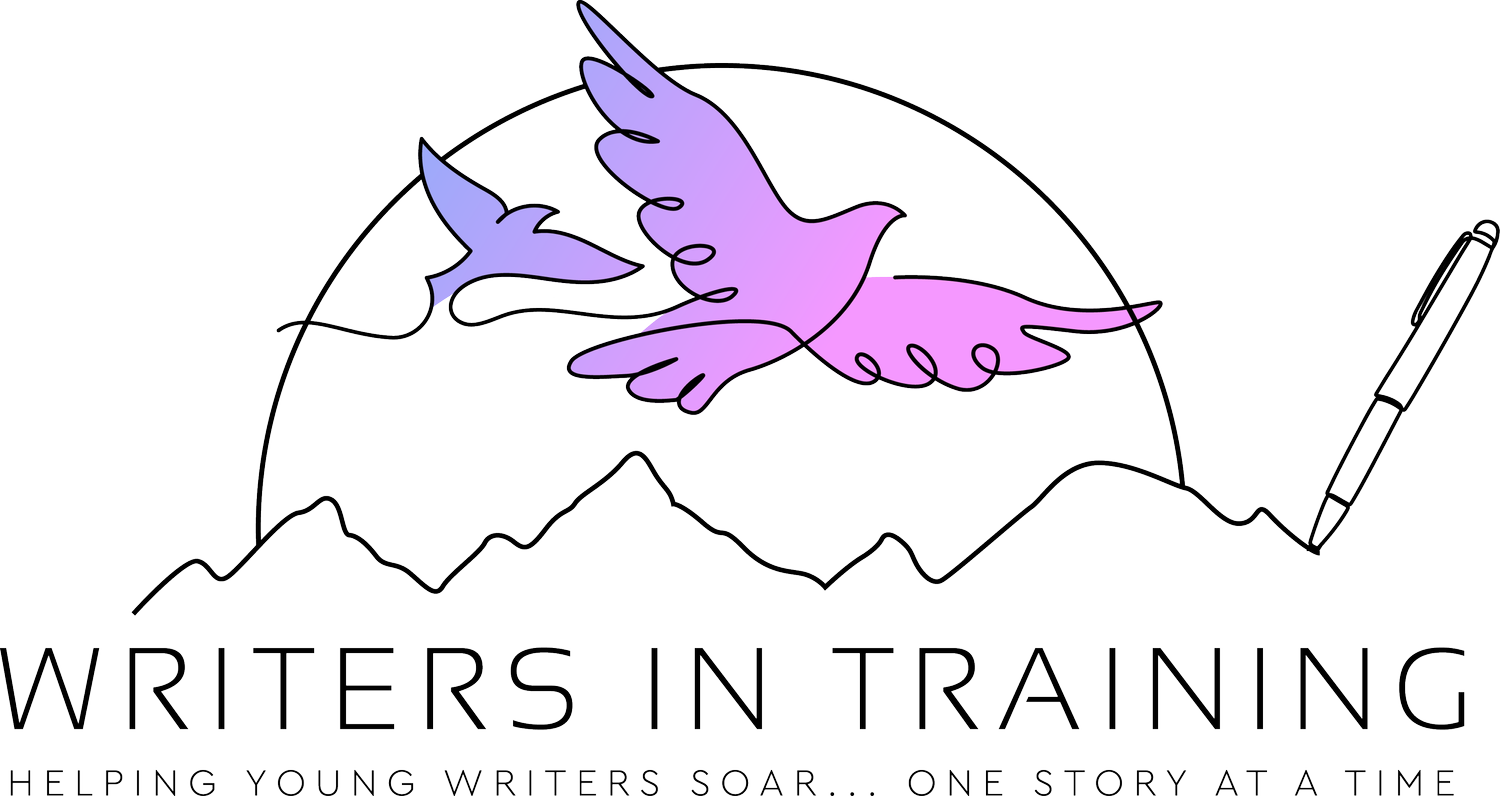Hunting Down Ideas
In a previous post, “Where Do Ideas Come From?” I suggested that an aspiring author needs to become an idea catcher. Hunting down ideas is one way to catch ideas. Some days, ideas come easily. On other days, they are difficult to track down.
The term “writer’s block” is one we are all familiar with. But what is the block? For each author, the block varies. Oftentimes, it is the writer’s state of mind which becomes the block. Emotions can be an incredible tool for stimulating ideas. However, they can also be an incredible distraction if you cannot channel whatever emotion you are feeling into clear thoughts.
Fortunately, young writers do not suffer from writer’s block in the same way as adults do. First, most young writers do not carry the weight of life’s daily burdens in the same way adults do. Second, they are more forgiving towards themselves. Young writers recognize not everything they write has to be perfect.
Of course, this assumes whoever is encouraging them to write has provided a safe place where perfection is not the goal; growth is. From this place of safety, a child can come up with the kernel of an idea, which they can stretch and twist until it becomes a Big Idea. Big Ideas are always there, waiting to be caught!
You can teach a young writer to hunt down ideas and flush them out of hiding. What follows are some prompts to stimulate your child’s brain to relinquish the ideas in hiding.
Strategies for Hunting Down Ideas
Write about an embarrassing moment. (If you feel brave, tell the story out loud to someone else.) Write down any thoughts or feelings the memory brings back to you.
What skills do you have that you are proud of? (Even if you can't do these things perfectly or think someone else is better at them than you, they still count!) Why do you think these skills are interesting or important?
What skills do you wish you had but don’t? (These could be things you could learn one day or skills you know you could never have, like reading your dog's mind or figuring out why your grandmother likes to take out her false teeth and scare you with them!)
What about skills you have that seem unusual or even useless? Can you curl your tongue? Play the recorder with your nose? Make up silly lyrics for just about any tune? Write about it.
What if your skill was a superpower? How would you use that skill to help others? How would your superpower affect others or change the world?
What makes you over the moon happy? Why?
What scares you? Terrifies you? Why?
What makes you angry? Embarrassed? Sad? Why?
Is there someone in your life you don't like? Why? Describe the things you don't like about them. Be specific.
Who is/are your best friend/s? Why? Describe them.
Play "What's your favourite?" Brainstorm as many categories as possible, then ask your family or friends to play this game with you. Take turns asking, "What's your favourite food? (animal, school subject, brand, tree, shop, meal, dessert, activity, etc.)." If you hear an exciting or strange response, write it down.
What makes you laugh? Why?
What do you feel deeply about? (This could be deep happiness, joy, love, concern, anger, frustration, etc.) Why?
As an adult using these reflection questions to help a young writer develop ideas, you must be very patient. One reflection question at a time may be enough. Your child may wish to write down his or her answers, or they may want to talk about them with you. Be prepared to do some writing yourself, too! Also, be prepared if your child chooses NOT to share their ideas. This is not about you. Choose not to be offended if they don't share. Don't read your child's journal or writing notebook without permission. The best ideas are created in moments when the writer feels trusted, loved, and safe. Finally, resist the temptation to become the star of the show. Let your child develop their ideas, even if you think they are silly, repetitive, or not at all what you expected. Above all, be prepared to get to know your child more deeply. You'll be surprised by the depths of their feelings, thoughts, ambitions, and dreams. Celebrate every shared idea with them!


